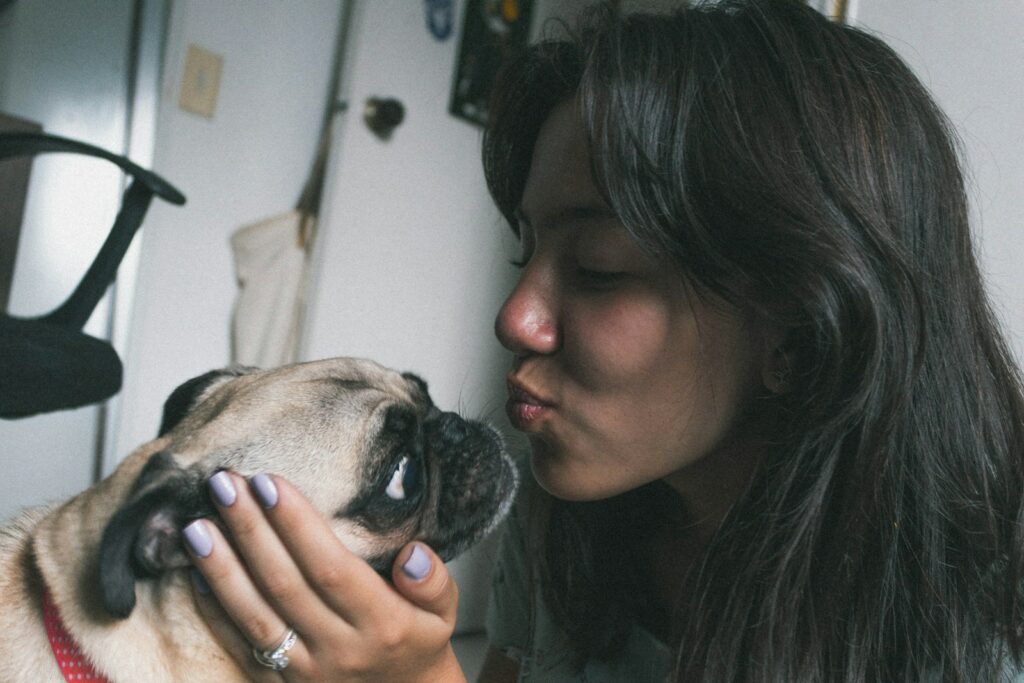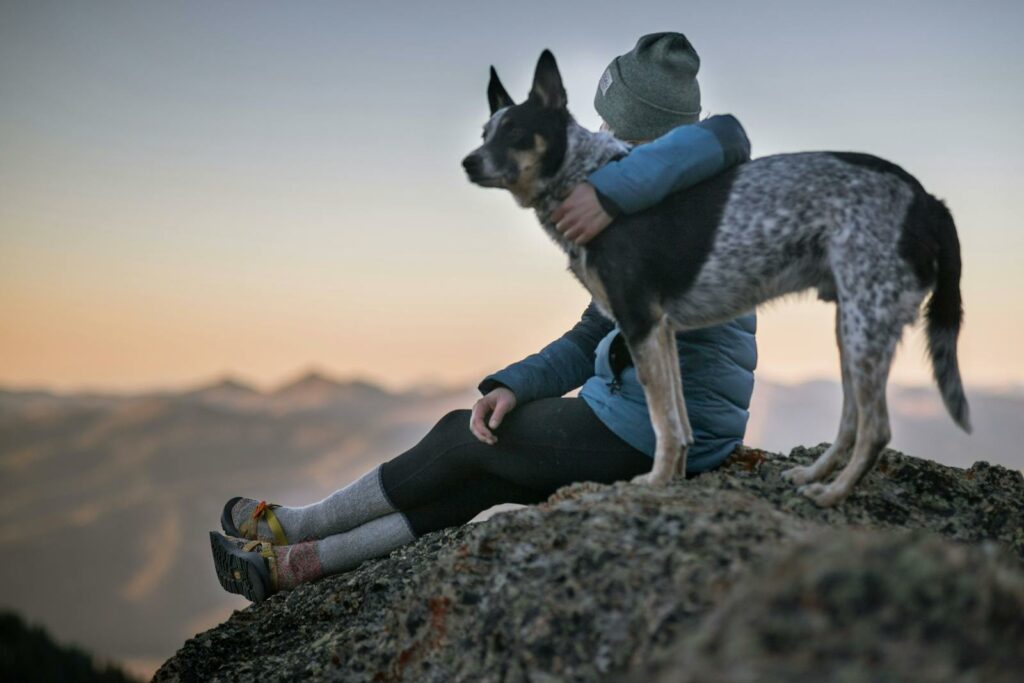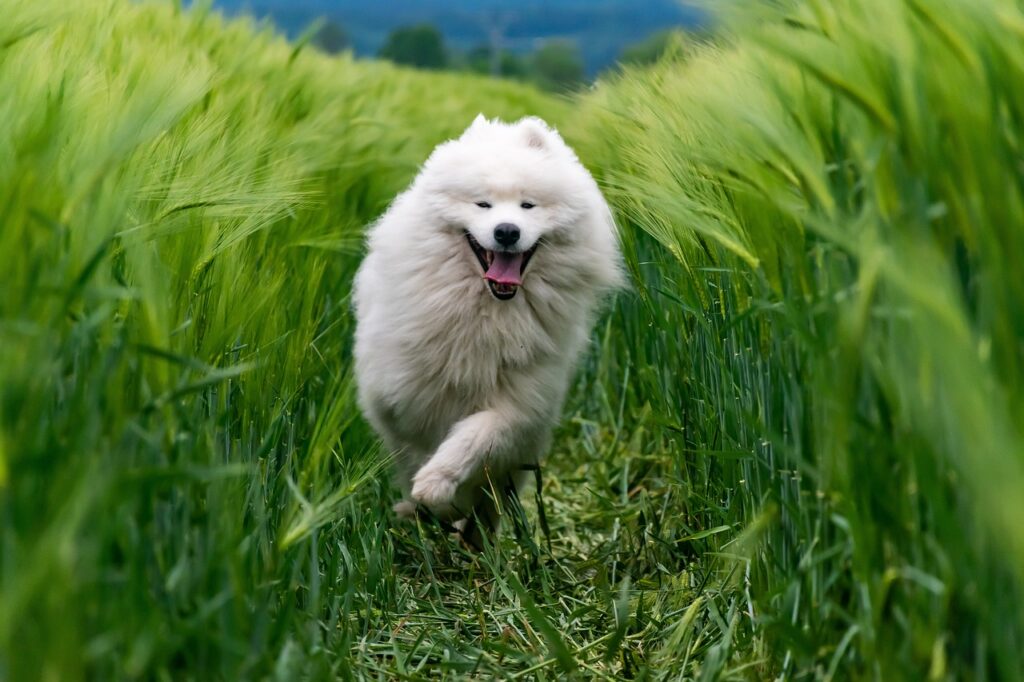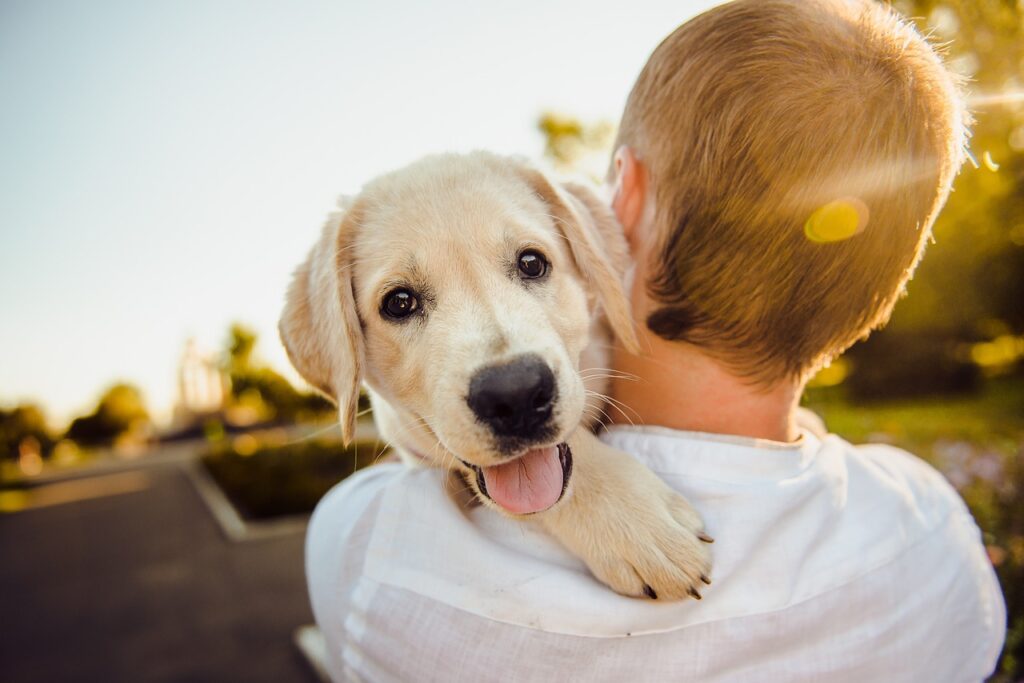15 Things Your Dog Knows About You

Dogs have an incredible ability to tune into their human family, often recognizing subtle changes in our emotions, routines, and behaviors. From detecting illness to sensing when we’re feeling down, dogs show remarkable intuition and empathy. Here are 15 interesting ways your dog understands you better than you may realize!
Understanding Your Mood Swings

Dogs can pick up on even the slightest changes in your mood, whether you’re feeling happy, sad, or anxious. Through body language, tone of voice, and facial expressions, they sense these shifts and often respond with comforting behaviors. Many dog owners feel that their pets “just know” when they’re feeling off.
Detecting When You’re Sick or Injured

With a powerful sense of smell, dogs can detect changes in your body’s chemistry when you’re sick or injured, sometimes even before you notice. Some dogs are trained specifically to alert their owners to health issues like drops in blood sugar or the onset of seizures, making them true allies in health and wellness.
Recognizing Your Routines and Schedules

Dogs are observant creatures, quickly learning and remembering daily patterns like when you wake up, eat, or go for awalk. They often anticipate these routines, sometimes even reminding you if you’re running late. This sense of routine provides comfort for dogs, as it helps them feel secure and know what to expect each day.
Knowing Your Family and Close Friends

Dogs can distinguish between familiar faces and strangers, showing warmth and affection toward family members or close friends. They remember these individuals by scent, sound, and sight, associating them with positive experiences and interactions. Isn’t it cool?
Sensing When You’re Preparing to Leave the House

Dogs are highly sensitive to cues that indicate you’re about to leave, such as grabbing your keys or putting on your shoes. Often, they’ll wait by the door or follow you, knowing these actions mean you’ll be going out. If they suffer from separation anxiety, they may even become visibly distressed, showcasing their keen awareness.
Recognizing When You’re Stressed or Overwhelmed

Dogs sense stress through body language and changes in their body chemistry, such as elevated cortisol levels. Many dogs will react by staying close, offering silent support when they see signs of tension or frustration. Just being near you during these moments is their way of providing comfort without needing words.
Noticing Pregnancy or Changes in Family Dynamics

Pregnancy changes a person’s scent, behavior, and appearance, all of which dogs are finely attuned to. They may become extra protective or affectionate toward pregnant owners, sensing that something significant is happening. Many people report that their dogs become more attentive, almost as if they intuitively know a new family member is on the way.
Observing the Boundaries You Set

Dogs quickly learn and respect household boundaries, such as staying off furniture or avoiding certain rooms. They’re capable of following these limits, though their natural curiosity might lead them to test the boundaries occasionally. This adaptability demonstrates their ability to adjust to your expectations and helps maintain harmony in the household.
Understanding Your Diet Preferences

Your dog notices what you eat, recognizing specific sounds associated with your favorite snacks, like the rustling of wrappers or the opening of the fridge. They quickly learn which treats they might get a taste of, often watching or waiting nearby with hopeful anticipation. Over time, they become quite skilled at recognizing the foods you like the most.
Sensing Your Energy Level

Dogs are highly sensitive to your energy and will adjust their behavior to match. If you’re feeling energetic, they’re likely ready to play or go for a walk. If you’re tired or unwell, they’re often content to snuggle close by, sharing your relaxation time.
Recognizing When You’re Angry

Dogs can sense frustration or anger through your tone of voice, body language, and facial expressions. They may react by avoiding eye contact, backing away, or approaching cautiously, showing that they’re aware of your displeasure. This sensitivity helps them maintain a harmonious relationship, as they instinctively adjust their behavior when they sense you’re upset.
Knowing Your Preferred Activities

Over time, dogs come to understand the activities that bring you joy, whether it’s going for a walk, playing fetch, or relaxing on the couch. They’ll often bring you toys or nudge you toward these activities, showing their awareness of your preferences. This shared enjoyment strengthens your relationship with your dog and provides mutual happiness.
Sensing When You’re Afraid

Dogs are naturally alert to fear, often responding with increased vigilance or protectiveness when they sense you’re nervous. This behavior comes from their pack mentality, where protecting one another is crucial. When you’re scared, they’ll often stay close, ready to provide comfort and a sense of security in the face of uncertainty.
Observing Changes in Your Relationships

Dogs are very perceptive of interpersonal dynamics and can sense shifts in relationships, such as arguments or reconciliations. They may respond with increased attention or affection during tense moments, almost as if they’reoffering emotional support. This ability to pick up on changes in human interactions is yet another way they demonstrate loyalty and care to us.
Knowing When You Need Comfort

Dogs have a unique ability to sense when you’re feeling down, often coming to sit beside you, resting a paw on your lap, or leaning against you. Their understanding of human emotions allows them to offer friendship without words, providing silent reassurance during tough times. This awareness and loyalty make dogs wonderful emotional support friends.





